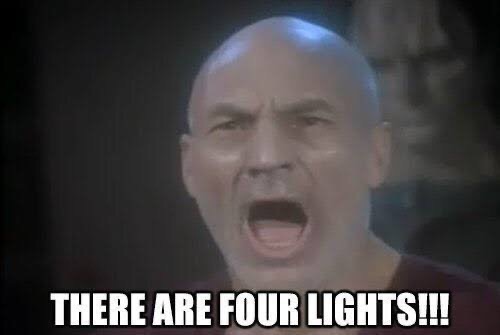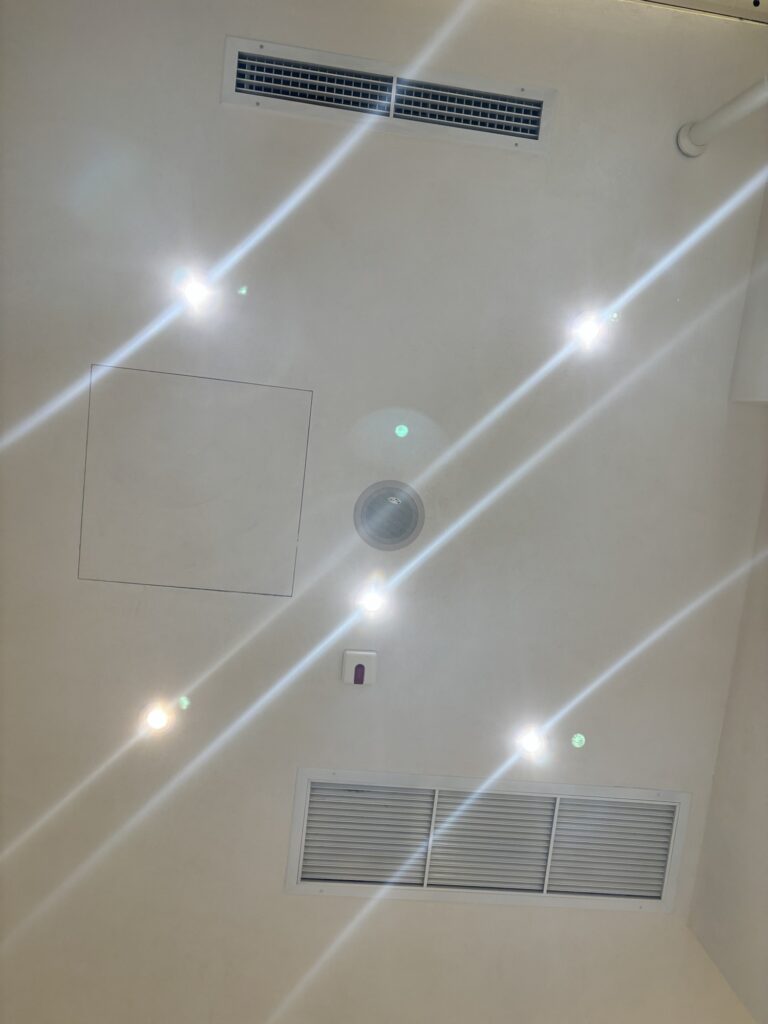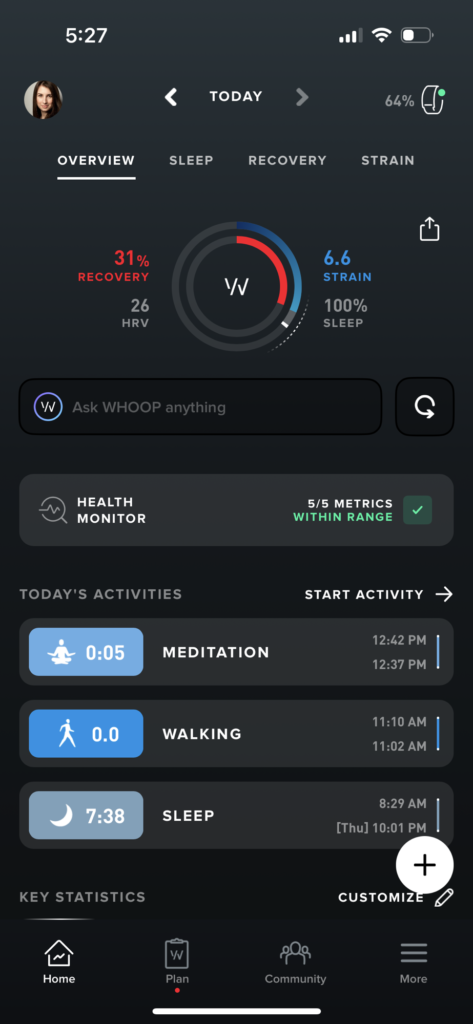No matter now much I prepare, and I clearly take packing and travel preparedness seriously, there is no overcoming the random shitshows that plague travel these days
I swung through Chicago’s O’Hare in an economy seat to position myself for a long haul flight. That short haul economy flight went without a hitch. I landed in Terminal 1 and made my way t Terminal 5 which is how things started going sideways in multiple directions.
The bus system/holding pen for transit between terminals is amazing for its on the ground access to airplanes but it sure is slow. Once I got to Terminal 5 it was clear the lounge assigned me via the airline wouldn’t work. It was 5 degrees warmer than in the airport terminal (a European airline of course) with no available seating, or inexplicably, any bathrooms. So much for having paid a premium.
I wandered up and down Terminal 5 looking for a food court. Frontera’s takeaway sandwiches had a forty minute wait. Dunkin Donuts was fully stocked but with a 40 person deep line. There was somehow no McDonalds.
The upscale fast casual options like Wow Bao and other private equity branded spots all took turns shouting what they were out of to the crowd waiting. No falafel or pita at the Mediterranean spot. Only 3 options were remaining at the Asian fusion spot. I got half my dumpling order. I didn’t have the heart to press for the remaining items from the single harried worker. $8 didn’t matter.
I went to my gate to wait for the flight afterwards. I sat on the floor. There were no seats anywhere in the terminal (or as previously mentioned the lounge). Somehow, once I boarded my long haul flight the crew managed to change my assigned seat on it without consulting me. It was a much worse seat than I had purchased.
If I had any idea how bad this new seat was going to be I might have fought it at counter, alas they gave no indication this new seat would be an issue.
It was the worst possible seat in the class without any place to store a backpack under foot nor were there holders or nooks for water bottles or your other sundries. I struggled to reposition medication and liquids on the tiny table. The chatty friendly Boomer next to me didn’t realize he was using both his table as well mine making it even order to find space to groom and medicate.
I tried to get that across to him. That all of the space he was using wasn’t actually space but meant to be my side. I failed to get that through. He stole my pack of tissues when I left it out. He did give them back when I pressed him. He seemed embarrassed. Later I released he’d also taken my water bottle. I feel there must be some wider lesson in this.
It wasn’t a proper flat lay seat though I’d paid for a business ticket. I had nowhere to put my medications, toiletries or other sundries. There wasn’t even a spot to put a water bottle. I rearranged as much as I could to avoid having all my things fall into the aisle, took an Ambien, prayed I’d not need access anything else and went to sleep.
I woke up on the other side of the ocean, gathered my things and deplaned.
My watch dinged. Your iPad has been left behind. Somewhere in this process my iPad must have been lost. I didn’t take it out of my backpack to my knowledge so that was a mystery. As I deplaned I was sure I had everything.
Behind where was the question? I only had 30 minutes to get rush to the last leg of my flight but I vainly went back to previous gate trying to see if that was where my iPad had been left behind. There was one at the gate which seemed fast.
As I unpacked all my bags trying to see if the tablet might be somewhere in my luggage I fell and broke my iPhone screen in the process. The top half shattered. It might hold it together for a day or two. Maybe.
Then I had issues clearing the next leg security with my injection medications for my ankylosis. I was told I didn’t need to clear security at this transit point so I wasn’t fully prepared. My bag got unpacked again. At least at this point it was clear my iPad really was gone.
Finally I make with 10 minutes to spare to my final leg. I am upgraded to first but they refuse to allow me to bring my carry on. “It is over 18 kilos!” I begin to cry. It was not over 18 kilos. I weighed it myself.
No one else was even in my 3 rows around me. The empty upper baggage storage had no other bags in them. I tried to sway them saying I have a medication I can’t afford to lose. Nothing works. She wants to exercise authority. My grey roller bag is put below. I pray it’s not also lost to me.
At this point I’ve not eaten a real meal in 24 hours, two crucial electronics are status “unsure” and I’ve got no way of knowing if either my roller bag or checked luggage will make it. Thankfully my three bag cascade system has me with a change of pajamas, basic toiletries and my medications. No matter the effort I point in there never seems to be mercy for the traveler



